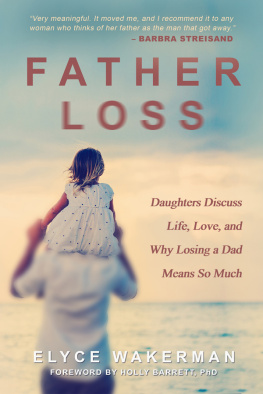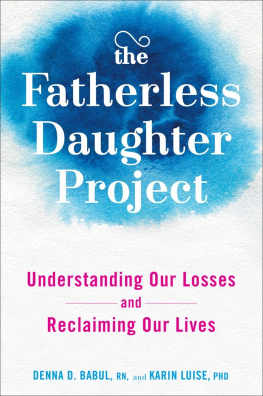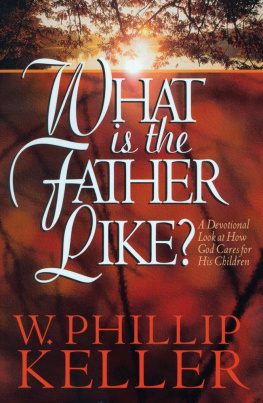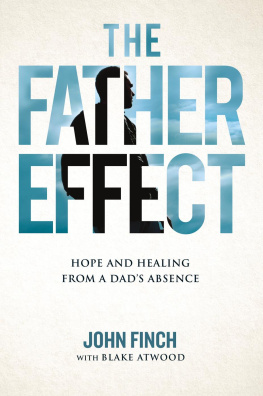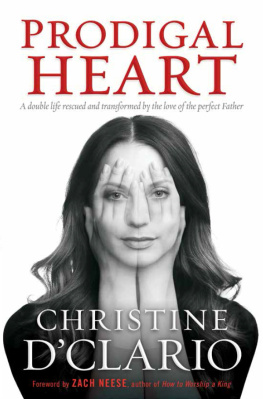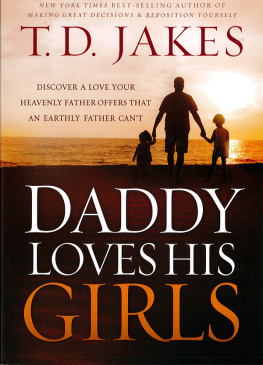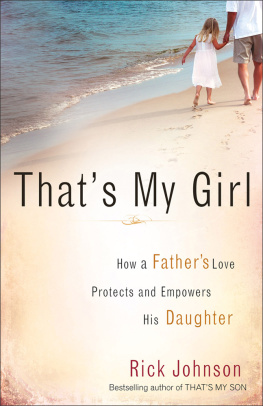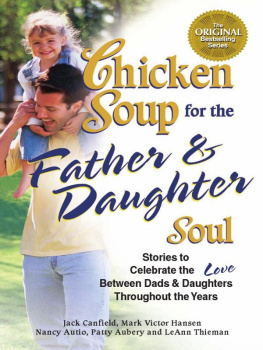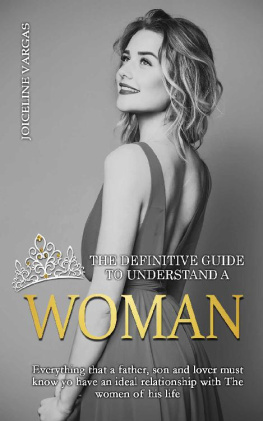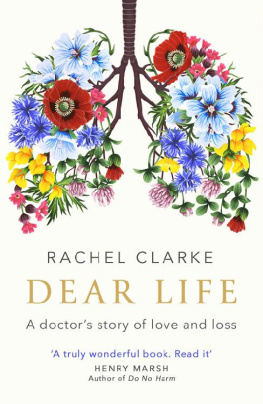ALSO BY ELYCE WAKERMAN
A Tale of Two Citizens
Air Powered: The Art of the Airbrush
Copyright 1984, 2015 by Elyce Wakerman
All rights reserved. No part of this book may be reproduced in any manner without the express written consent of the publisher, except in the case of brief excerpts in critical reviews or articles. All inquiries should be addressed to Yucca Publishing, 307 West 36th Street, 11th Floor, New York, NY 10018. Yucca Publishing books may be purchased in bulk at special discounts for sales promotion, corporate gifts, fund-raising, or educational purposes. Special editions can also be created to specifications. For details, contact the Special Sales Department, Yucca Publishing, 307 West 36th Street, 11th Floor, New York, NY 10018 or .
Yucca Publishing is an imprint of Skyhorse Publishing, Inc., a Delaware corporation.
Visit our website at www.yuccapub.com.
10 9 8 7 6 5 4 3 2 1
Library of Congress Cataloging-in-Publication Data is available on file.
Cover design by Yucca Publishing
Cover photo credit Cover Photo & Design by Slobodan Cedic, KPS Design
Print ISBN: 978-1-63158-065-9
Ebook ISBN: 978-1-63158-074-1
Printed in the United States of America
In memory of my father, Hyman Wakerman
And for my mother
CONTENTS
1. A Subject I Can Speak of:
My Father Died When I Was Three
2. A Subject of Research:
The Father-Daughter Relationship
3. I Never Cried for My Father:
Children and Mourning
4. A Parody of Incest:
Women Who Never Knew Their Fathers
5. A Face Not Even a Father Could Love:
Daughters of Paternal Suicide
6. No Death to Mourn, No Father to Love:
Abandonment and Divorce
7. My Motherthe Widow, the DivorceMyself:
Mother as Head of the Household
8. Make Room for the New Daddy:
Stepfathers
9. Father Who Art in Heaven... or Elsewhere:
Adolescence and Boys
10. Its the Child That Makes the Woman:
Self-image and Others
11. A Match Made in Heaven... or Elsewhere:
Attitudes Toward Marriage and the Family
12. Instead of Feeling:
Women with Wounds That Will Not Heal
13. Im the Greatest Star:
Women Who Have Excelled
A NOTE TO THE READER
Father Loss: Daughters Discuss Life, Love, and Why Losing a Dad Means So Much is based on interviews, research, and a pilot study first conducted in the early to mid 1980s. The focus, with but a few exceptions, was on daughters whose male parent had been living with the family until death, divorce, or abandonment resulted in father absence. Mothers who chose to become pregnant and raise children on their own were not part of our study. Similarly, our focus was on heterosexual women, so that romantic attachments and challenges were discussed in terms of the male-female relationship. As Holly Barrett suggests in her updated Foreword, while mores have changed and thankfully broadened in the intervening years, overall attitudes, attention, and expectations remain surprisingly fixed. Perhaps the clearest progress has been made in the area of helping children cope with grief. This, as well as relevant popular culture shifts and statistical updates, will be addressed in the Afterword.
Elyce Wakerman
FOREWORD
Fatherless daughters have not received much attention from behavioral science. If the amount of research is an indicator, motherless children or fatherless sons are far more likely to evoke interest as victims of parental deprivation. It is my guess that this gap in the research literature has appeared less out of lack of interest than out of the romantic, mysterious aura surrounding the father-daughter relationship itself. Certainly, E. Mavis Hetheringtons pioneering 1972 study of adolescent girls without fathers was instrumental in bringing the nature of the father-daughter relationship into sharper focus. Similarly, this book is as much about the father-daughter relationship as it is about father absence. From the very specific and poignant perspective of women who lost their fathersowing to death, abandonment, or divorcewe gain a deeper understanding of the significant role that father plays in his daughters development. Indeed, it is my greatest wish that many, many fathers will read this book, for what makes the man that got away so important is precisely what makes the man that stayed so important.
As a woman who grew up without a father, Elyce Wakerman knew that she had missed a vital relationship in her life, yet information on the psychological impact of her loss was cloaked in the same silence as were the texture and dynamics of the relationship itself. To fill both the personal and the research voids, she decided to write this book. The result, I believe, is a moving and informative narrative on what is for the vast majority of women the first male-female relationship in their lives, and what it means to have had that relationship end prematurely.
... [F]uture work on the effects of father absence on females, Hetheringtons paper concluded, may find its most important evidence in the lives of mature women. As a way of augmenting the information she was gleaning from interviews, and as if fulfilling Hetheringtons prophesy, Elyce Wakerman asked me to create a study of adult women who had lost their fathers before the age of eighteen. We expected to collect a sample of perhaps a hundred women, but the response to our call for volunteers was overwhelming. Over seven hundred women wrote to ask for questionnaires, many of them remarking, Its about time or Ive been waiting for someone to ask me about this. The enthusiasm generated by our query produced:
144 women whose mothers divorced and did not remarry;
125 women whose mothers divorced and remarried;
200 women whose fathers died and whose mothers did not remarry;
88 women whose fathers died and whose mothers remarried.
While ours was a pilot study and therefore not as rigidly controlled as an experimental study would be, we did also include a group of fifty-one women who grew up with fathers so that we might discern trends in the difference between fathered and fatherless women. The mean age of our subjects was forty-two years.
Our sample is largely middle class, because we advertised for volunteers through national and local media, schools, clinics, womens groups, senior citizen centers, and other organizations that serve the middle class. However, the origins of the women in our study varied widely. Once the father loss occurred, the majority of our subjects experienced a decrease in social and economic status, a pattern that has not changed in the first decade and a half of the 21st century, so that the kinds of tragic, moving, and thoughtful stories that fill this book continue to resonate.
Back when we were developing our study, many women, upon hearing about the focus of our project, believed that they would be suitable subjects even though their fathers had been more or less physically present during their childhoods. These women felt that their fathers had been out there somewhere in the real world, possessing some magical qualities that made them effective, if remote. Yet, while it is true that the father-daughter relationship is tinged with a quality of fantasy, one of the many points of this book is that fathered daughters have the advantage of glimpsing what is ordinary and human in men. If they are lucky enough, as I was, to have active and interested fathers, paternal influence is profound.

